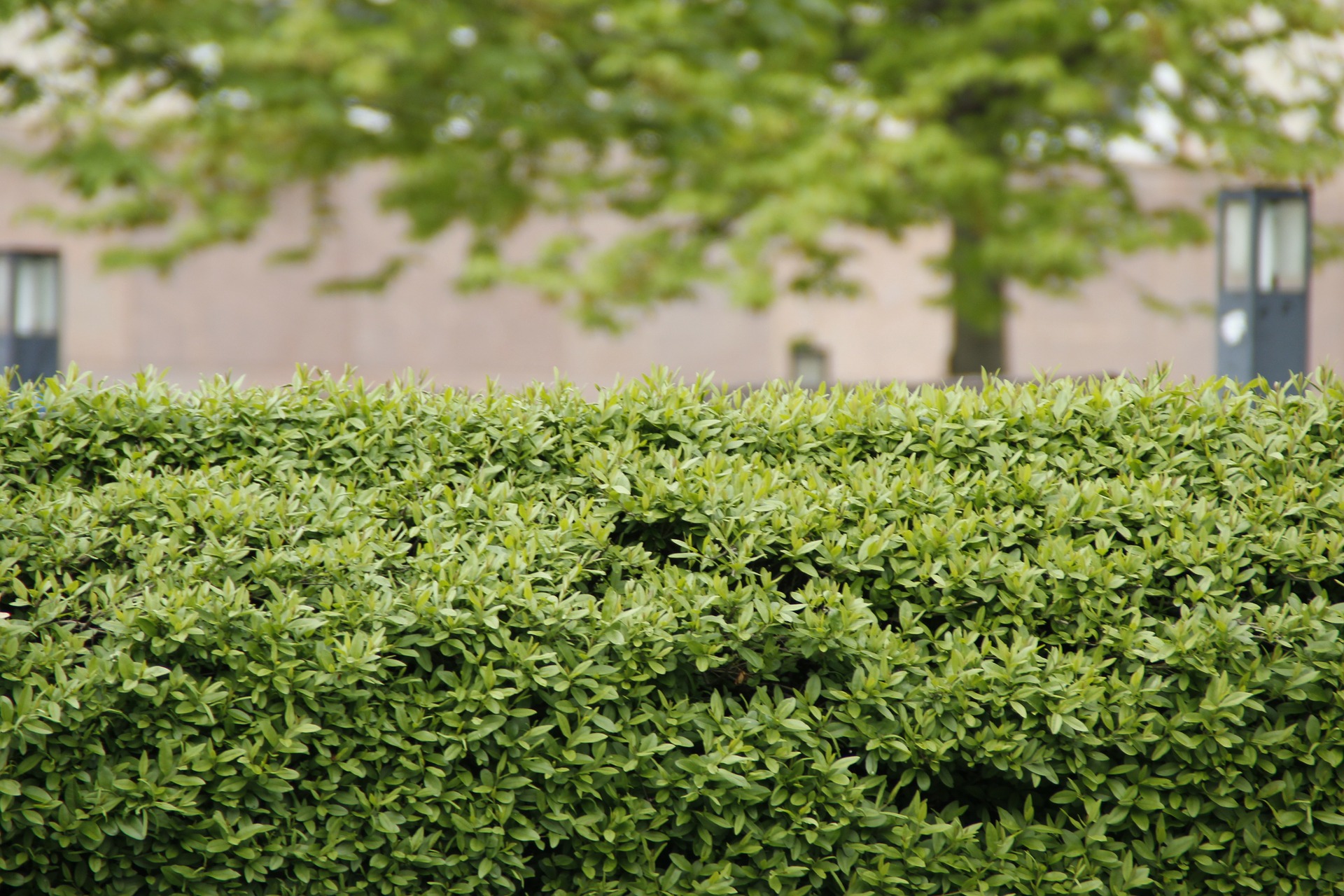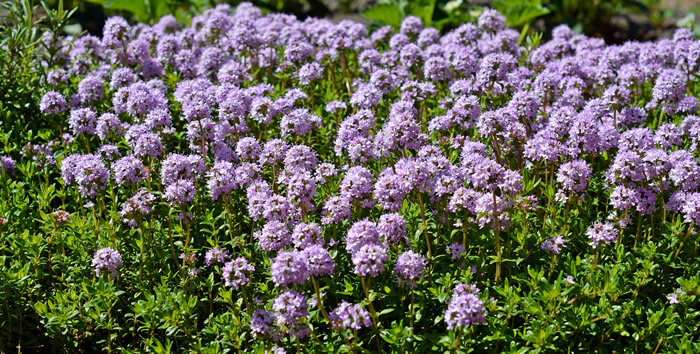
There are regular toxic air alerts in the UK’s largest cities, allergies and asthma are on the increase, it’s no wonder reducing air pollution is a regular urgent topic. Road traffic is the main contributor to air pollution in urban areas and the plan to gradually fade out diesel engines and fossil fuels will eventually make a difference in the UK’s cities. As responsible homeowners there are steps we can take to improve the air quality outside our homes and work towards reducing the fumes and particulate matter.
Thank you for reading this post, don't forget to subscribe!
Garden machinery manufacturers are developing and improving batterypowered lawnmowers and tools to provide greener options for gardening. We are noticing a steady increase of contractors moving towards greener, cordless machines. When it’s time to replace faithful petrol equipment, business owners are making the move to purchase a range of battery powered garden tools, all powered by the same battery packs for practically and cost.
Cordless garden machinery is evolving fast. Rechargeable batteries are using the highest quality cells for guaranteed performance and extending the life cycles of the units. Leading-edge battery designs such as EGO’s ARC battery and Stiga’s 500 series have brought battery powered garden tools to the commercial market with offerings of petrol matching output and fuel savings of over £3000 a year.
Electric and battery powered garden tools are undeniably going to reduce the pollution in your garden, but what if you have petrol equipment and would like to make a difference to the air quality in your outside space.

The Citizen Sense research group and the Museum of London collaborated in 2018 to launch a clean air project. The partnership provided vital information on how plants play an important role in reducing pollution, the project also created several clean air gardens around London, funded partly by the Mayor of London’s Low Emission Neighbourhood Fund (LEN).
A valuable Photo-Sensor toolkit was produced by the project which details information on how some plants are particularly efficient at absorbing airborne pollutants drawing them through to their roots. It is well illustrated with a list of pollution absorbing plants and the most productive place to position them for maximum fume fighting effect.
You can download a link to the Phyto-Sensor toolkit here
Hedges and trees around the perimeter of your house are ideal for catching and filtering particulate matter (PM) or particle pollution. This dust is a complex mixture of organic and inorganic matter eg. sand, soot, pollen and metal compounds.
Leylandii has been proven to be the best at absorbing airborne pollution. If a tall fortress of these trees isn’t suitable for your home, then evergreen hedge varieties are especially good filters for fumes and noise. Buxus as a hedge or topiary is an attractive and absorbent choice. Ginkgo biloba and Acers planted along garden edges produce a variety of colour without adding to pollen count in the local air.

If you have garden walls or fences, then Ivy has been described as the ideal barrier against toxins due to the extensive surface area of its leaves. Wallflowers are a stunning covering for boundaries and come in a array of colours.
Aster, Escallonia and Viburnum planted in rows along boundaries are aesthetic and practical at absorbing toxic gases. Buddleia thrives along roadsides taking in particles as well as attracting bees and butterflies.
Plants with hairy foliage naturally collect particles from the air. Lady’s Mantle (Alchemilla mollis or Alchemilla vulgaris) reduces the nitrogen dioxide in the air and catches particle pollution. Stachys Byzantina (Lamb’s Ear) and Petunia comes in stunning varieties and have a furry texture to their leaves.
Borders thick with wildflowers and Lavender are essential for our bee and butterfly population and filter pollution at the same time.
Rosemary, Thyme and other herb bushes can be used to draw in particles and toxins. Wash them thoroughly before using for consumption.

Final thoughts
Replacing your petrol garden machinery with equivalent battery or electric models is a positive step towards reducing pollution in your garden. Thoughtful planting can create a beautiful garden space whilst working as a natural air purification filter.
If you found this blog helpful you may also like Going Green on Your Green and Bee Friendly Gardening.
If you require any expert advice on electric or cordless garden machinery, please contact us at [email protected]
Other helpful resources in this subject can be found at
- Home and Property UK – Clean air: Save your home from harmful pollution with clever garden hedge choices
- Trees for Cities – Urban Trees
- Nature.com – Designing vegetation barriers for urban air pollution abatement: a practical review for appropriate plant species selection
- Friends of the Earth – Air pollution and the campaign for clean air
Disclaimer: The information contained in this blog is for general information purposes only and while we endeavour to keep the information up to date and correct, any reliance you place on such information is strictly at your own risk. Through this website you can link to other websites which are not under the control of Mowers Online. We have no control over the nature, content and availability of those sites. The inclusion of any links does not necessarily imply a recommendation or endorse the views expressed within them.
